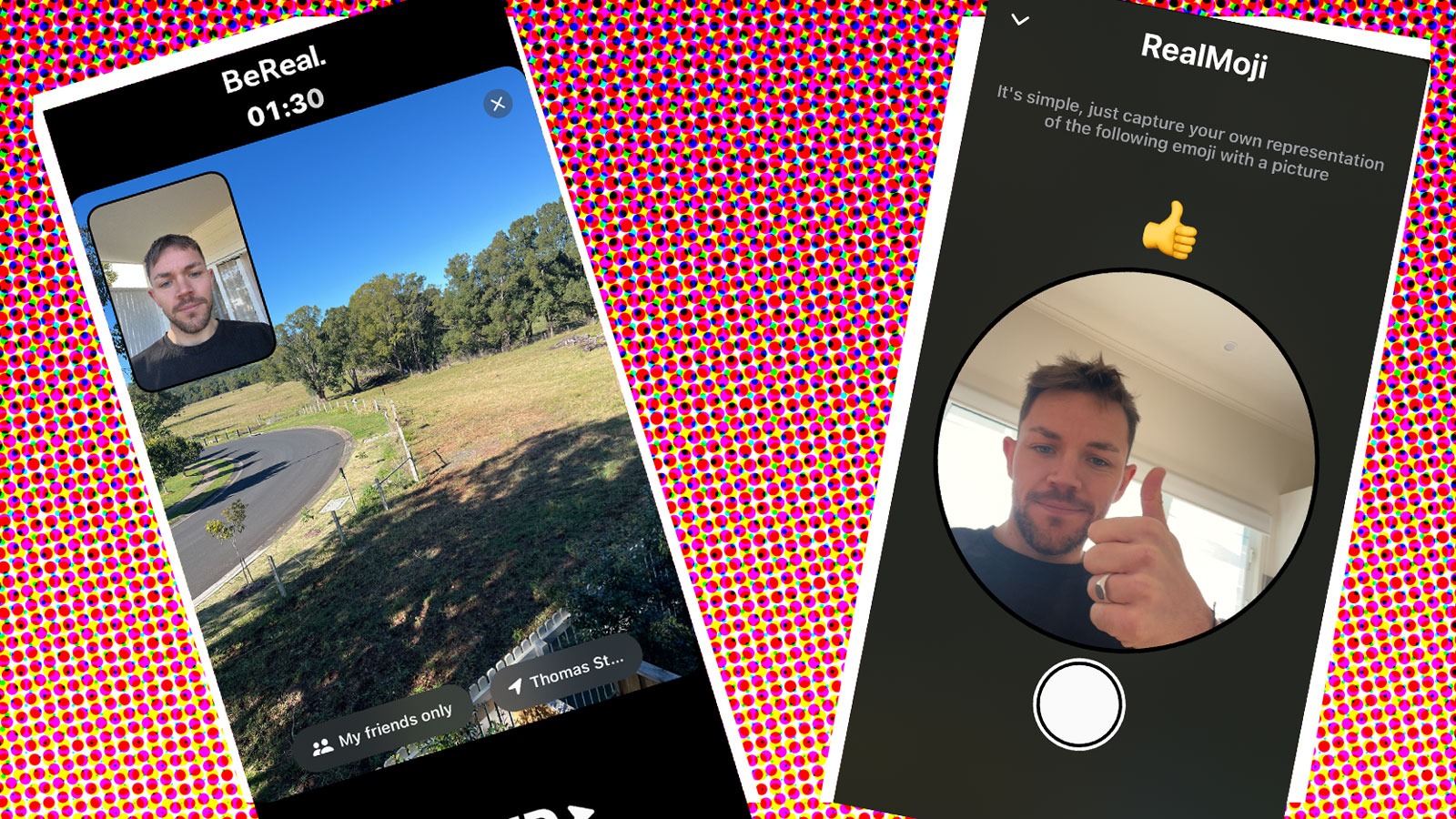Your music marketing release plan in 8 steps
You’ve finally completed the album that you’ve been working on for the past couple of months…or even years. You can upload your songs to all the usual DSPs and hope for the best. Or you can put in the work, devise a kickass marketing strategy and give your album the best chance possible of making a splash.
Fortunately, you don’t need to scour the internet for a marketing plan that’s specifically tailored to music. We’ve done all the work for you, so all you need to do is put your plan to action.
Let’s get started.
1. Define your goals
What do you want to achieve with this release? Some people may be content with a few hundred views. Others might want to use it as a stepping stone to that highly-coveted record deal. You should also think about your brand and make sure that you have a solid foundation for your brand before releasing any music.
Using the SMART method is an excellent way to get things going:
Specific: Your goals have to be specific. E.g. you want to hit X amount of streams on Spotify, you want X number of reviews, you want this release to land you a specific gig etc.
Measurable: Metrics and insights are becoming more important than ever. Make sure that you don’t fall into the trap of vanity metrics – metrics that make your brand look good but do little to help you define your overall strategy. E.g. social media followers, page views, social media shares, etc. Instead, focus on the actionable metrics – the metrics that help you make important career decisions.
Attainable: Pushing yourself to take your career to the next level is healthy. What isn’t is aiming for unattainable goals. Make sure that you set yourself up for success by setting up realistic expectations that will eventually help you achieve your wildest dreams.
Relevant: Your music marketing plan should be relevant to your goals and the current state of your music industry. Research what other artists are doing. See what’s currently working and what isn’t. If you’re spending time and money on things that simply aren’t relevant anymore, you’re essentially digging a hole for yourself.
Time-bound: When it comes to releases, deadlines and timing can make or break a song/album. Irrespective of whether you’re an independent or signed artist, you still need to respect the deadlines of the other people that you’re working with.
2. Set a realistic budget
Sure, you may not have the hundreds of thousands of dollars that artists signed to major labels have…but that doesn’t mean that your song or album can’t be successful. Online platforms such as TikTok and YouTube have made it much easier for independent artists to be seen. It all depends on whether you’re using the budget that you do have wisely. Your budget needs to be tailored to where you’re at in your career. Generally, investing some money in quality PR, PPC, and social ads is a good idea. If you’re contracting someone to do this for you, make sure that they’re actually legit and have a good track record. You don’t want to be scammed!
3. Use metrics to your advantage
Analysing your metrics might not be what you wanted to do when you set out to become a musician. However, in a data-centric digital world, metrics are becoming increasingly important to make sure that your campaign doesn’t flop.
Thankfully, with Amplify.link, you can now track your multi-channel progress using one single platform. Amplify.link enables you to create different SmartLinks, including release links, pre-save links, and bio links, so that you can track actionable metrics at every stage of your release journey.
4. Choose your main marketing channels
Keeping up with all the different social media and streaming channels out there is difficult. Instead of trying to learn what every channel entails, you should focus on a couple of channels and truly commit to them. Before a release, you should concentrate on amplifying your existing channels rather than trying to launch a completely new one. Create a marketing plan for each channel and make sure that you’re posting engaging content that will hype up your release. Don’t forget to share your smart links across all channels for maximum effect!
5. Set your release date
Setting a realistic release date puts some healthy pressure on you and your team to make sure that everything is finished on time. Having a set date also helps when it comes to uploading your songs to the DSPs and pitching them to the editors (especially when it comes to Spotify) and press, as it shows that you’re organised and well-prepared for this release. It also helps you prep a professional pre-release Amplify.link which you can disseminate to the press and fans.
6. Update your bio and press release
As we’ve reiterated in other articles, your artist bio is like your CV. Therefore, you should update your bio well before your music comes out. Press pitching usually happens at least a month or two in advance. A strong artist bio informs what’s included in your press release, which should include a quote about your song/album, a bio, contact info and a smart link to your music. Also – don’t forget to create a separate bio link specifically for press and industry folk, where you can add all the goods that showcase where you’re at in your career.
7. Drop the singles first
If you’re releasing a full-length album or EP, you should always drop the singles first. The current streaming environment favours singles over full-lengths. Therefore, you should release as many singles as possible (and as many as you can afford).
You can hype up your upcoming single in a multitude of ways, including rolling out a YouTube premiere, launching a pre-save campaign using Amplify.link and organising a Zoom hangout/ Q&A session with fans before the music video release. If you want to go that extra mile, you can also host a livestream to preview new material and invite your top fans. Set up a hassle-free, live stream link using Amplify.link and you’re good to go.
You can continue building up momentum post-release by organising a single promo tour targeting some of your top cities on socials/streaming services or a live stream (or both!) in the run-up to the album/EP release.
8. Hype up your album/EP
Keep the buzz going by dropping more content and merch bundles, curating your own playlists, sharing reviews and gig writeups, announcing tours/gigs, sending mailers, setting up exclusive discounts/raffles for your top fans, organising giveaways and social media competitions, coming up with a TikTok challenge, sharing behind-the-scenes videos and what-not…the possibilities are indeed endless!
You can now integrate your merch into your Amplify.link. This makes it easier for fans to view your merch and pick something that they really like. You can also see which products are performing best – which definitely helps when it comes to prepping merch designs and deciding on whether you’re going to opt for t-shirts, hats or totes.
Final notes
In the music industry, planning is crucial. However, there’s nothing wrong with tweaking or changing your plans completely when you’re halfway into the process. Changes are necessary as the music industry is constantly evolving. Also – make sure that you keep your eye on your Amplify.link’s actionable metrics as these may present opportunities and ideas that you didn’t think of while writing the initial plan.
Photo by Campaign Creators on Unsplash






